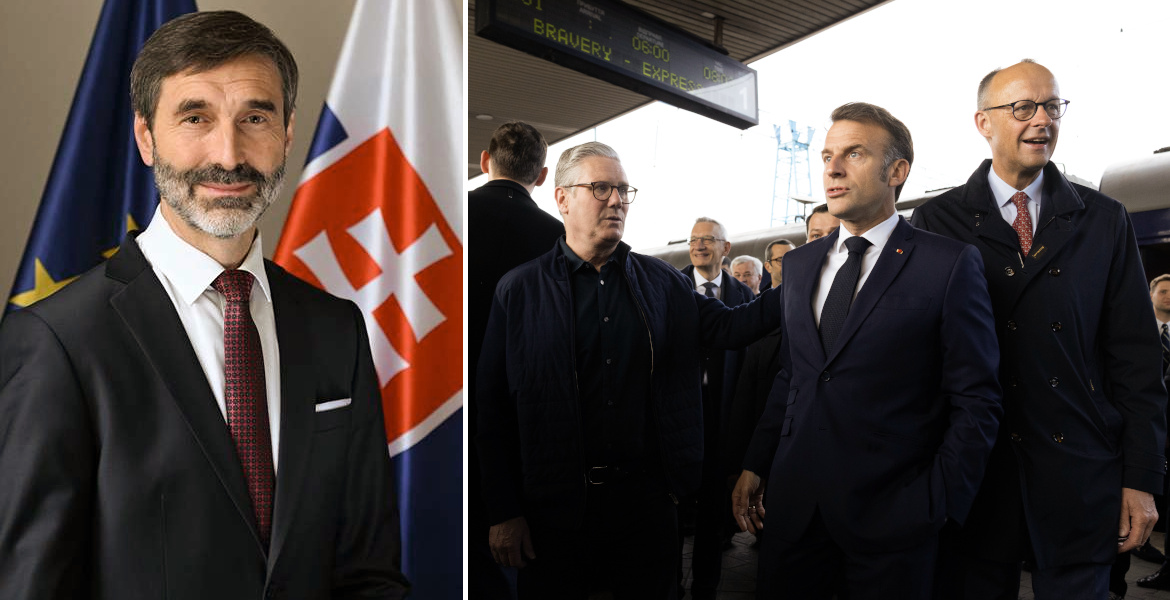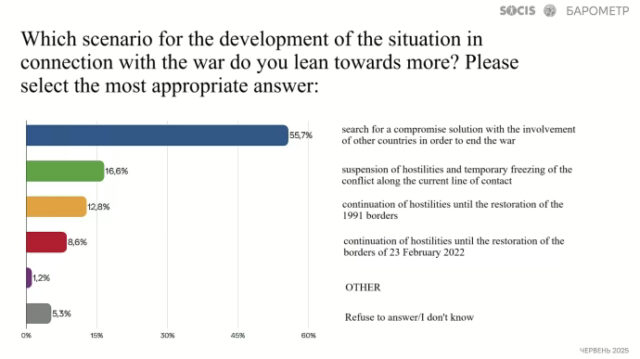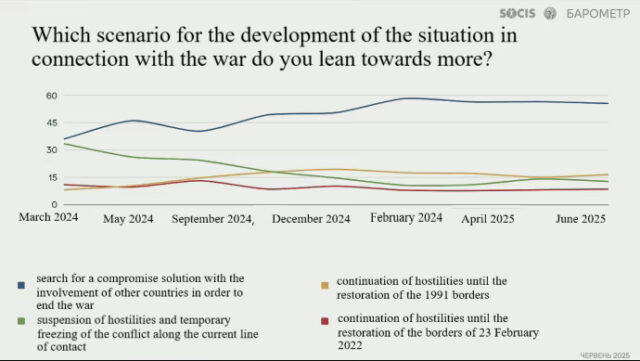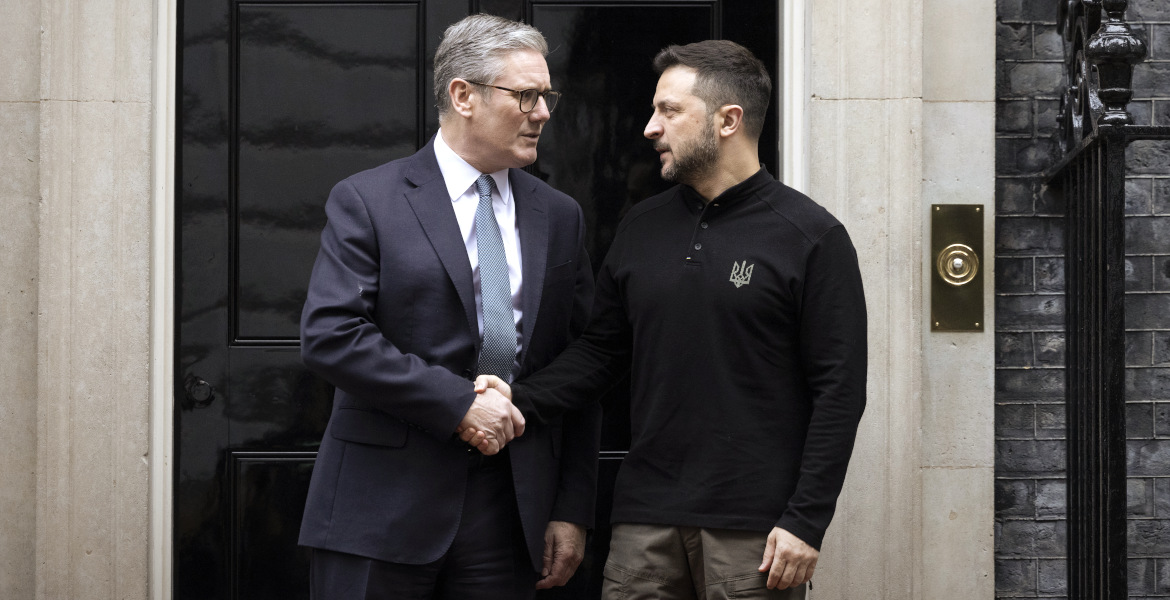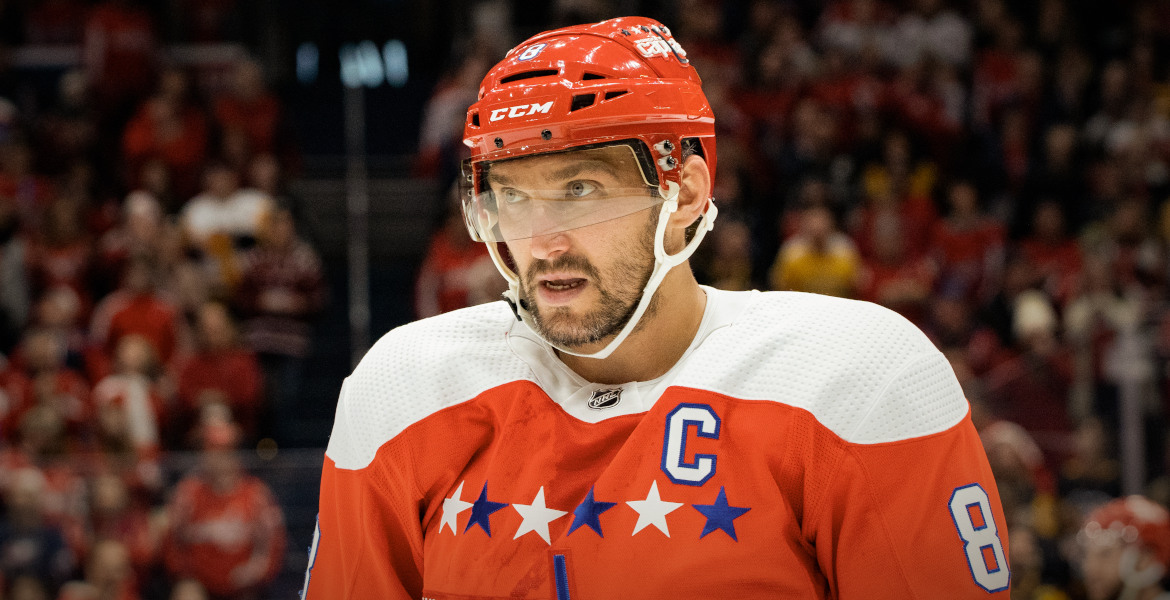According to Volodymyr Zelensky, the plan presented to the country’s parliament yesterday could end the protracted war as early as next year – but it depends entirely on increased support from the West.
The Ukrainian president wants an invitation to join NATO, even more military and economic aid, and permission to attack targets deep inside Russia, while refusing to give up any territory.
The president’s plan consists of five main points, the first of which is to formally invite Ukraine to join the US-led NATO military alliance and thus receive certain security guarantees from its member states.
The second point is to seek “the strengthening of Ukrainian defence against Russian forces”, including authorisation to use Western long-range weapons against targets deep inside Russia and to expand military operations on Russian territory.
The third point concerns a “non-nuclear strategic deterrent package deployed on Ukrainian soil” to protect against Russian military threats and to force Moscow to negotiate – and point four focuses on joint EU and US protection of Ukraine’s key natural and other resources.
The final point concerns the post-war period, when, according to Zelensky, Ukraine will have some of the most experienced soldiers in the world, supposedly with unique experience in modern warfare – and who will therefore be “offered” to NATO and stationed in Europe alongside US troops.
“Coalition of criminals”
– This Ukrainian experience should be used to strengthen the defence of the alliance and guarantee the security of Europe, says the president.
It should be noted that three “additions” to the plan have not been made public and will only be shared with Ukraine’s allies.
Moscow, however, rejected the plan, with a Kremlin spokesman saying that Kiev should “sober up”.
Mr Zelensky, for his part, claimed that China, Iran, North Korea and Russia were a “coalition of criminals” and that Mr Putin had “gone mad” and was obsessed with waging war.
– We are at war with Russia on the battlefield, in international relations, in the economy, in the information sphere, and in people’s hearts, he continued.
zelensky’s “victory plan” seems to call for NATO to engage in his conflict, for Western soldiers to sacrifice their lives on foreign soil, and for the world to risk a nuclear apocalypse. This sounds more like a harbinger of doom than a strategy for victory. This isn’t my war;… pic.twitter.com/y4i5d7ZHYI
— Anna (@provemewrong411) October 16, 2024
Want to force Russia to negotiate
In early October, several international media reported that representatives of Ukraine and the West had discussed a scenario in which some Ukrainian territory would be ceded to Russia – in exchange for NATO membership for the rest of Ukraine.
But Mr Zelensky now says that giving up any territory is out of the question – instead, Russia should be forced to negotiate.
The plan is due to be presented to EU leaders today, but key allies such as the US, UK, France, Italy and Germany have already been briefed on it.
Slovakia Will Not Support Zelensky’s “Senseless Victory Plan” – Robert Fico
“Ukraine’s membership in NATO means World War III. So I hope that we in Slovakia will have more common sense in this regard and that we will not support this senseless idea.
“I respect that people in… pic.twitter.com/ieYgUXfVsB
— DD Geopolitics (@DD_Geopolitics) October 17, 2024
Must be approved by the US
While Zelensky is confident of continued Western support, observers say his conditions for peace are increasingly at odds with the situation Ukraine finds itself in – where not only its foreign allies but many Ukrainians are growing weary of the war.
“National morale has gradually been crumbling under the weight of a mounting death toll, a controversial mobilisation law and never-ending Russian assaults on Ukrainian territory” notes the BBC, for example.
Zelensky’s “victory plan” is also criticised for not containing any compromises that would actually bring the end of the war closer – but instead focuses on forcing Russia to the negotiating table without Ukraine making any territorial concessions, a plan that Russia has already rejected.
“The Ukrainian president wants his exhausted troops to keep fighting. But with his army so reliant on Western aid, his ‘victory plan’ will need the approval of the next US president”, the paper adds.
NATO Secretary General Mark Rutte says the plan sends a “strong signal”, but also stresses that he cannot say at this stage whether he supports it or not. But he does say he is confident that Ukraine will join NATO in the future.


